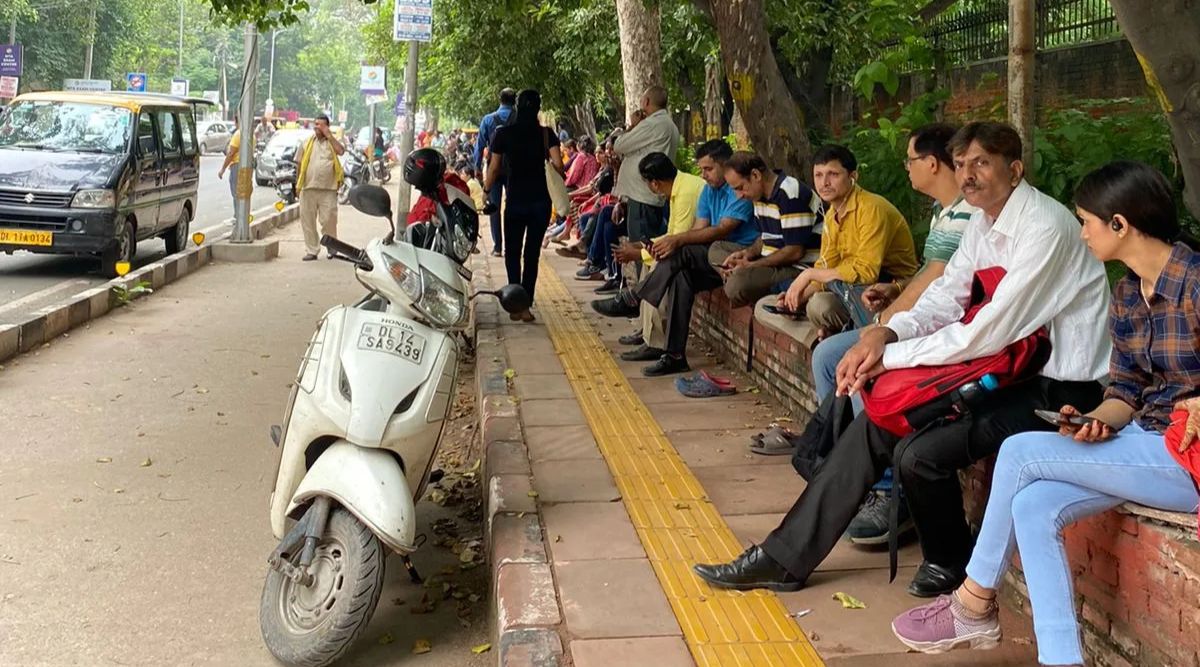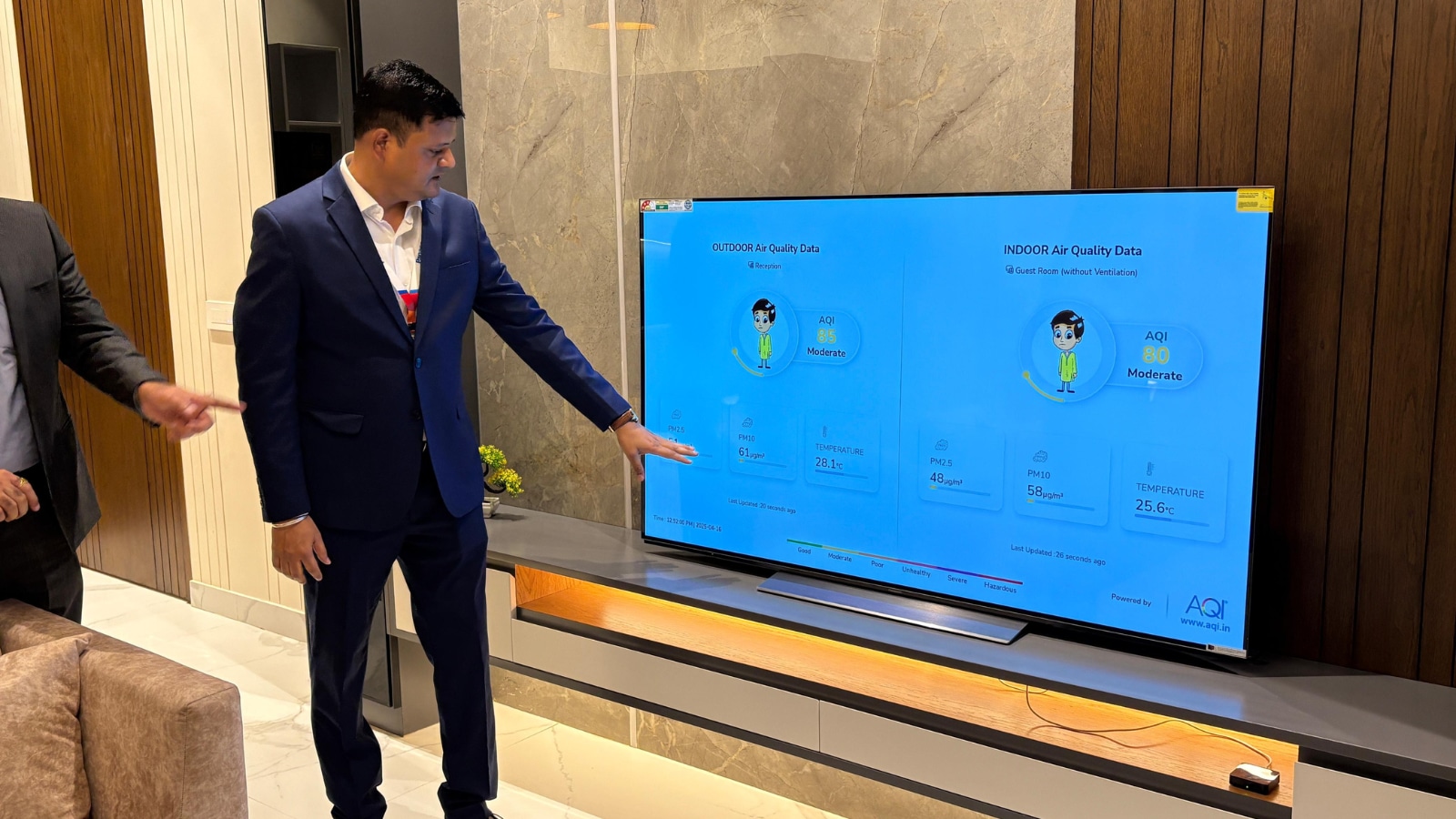UGC Released Guidelines for Research Internships: The University Grants Commission (UGC) has announced that all undergraduate students in recognised Indian universities will have to compulsorily do a research internship for eight to ten weeks.
“The integration of Research, Innovation and Technology Development is the foundation of Atma-Nirbhar Bharat (Self-reliant India). An institutionalisation of Research Internship at Undergraduate Levels is expected to play a pivotal role in catalysing inter disciplinary/multi-disciplinary/transdisciplinary and translational research culture embedded in NEP 2020,” the guidelines from UGC read.
As per the newly-released guidelines, these internship programmes aim primarily at the employability of students and also help develop research capabilities in students.
The decision was taken by UGC after it was announced under the National Education Policy (NEP) 2020 that internships will now be promoted and made compulsory.
Research internship
Students will be attached to a research supervisor, preferably from other Higher Education Institutions (HEI), but it could be with the same organisation, for a specified duration at the research facility of the supervisor and conduct a time-bound internship project.
Students pursuing a research internship will be given hands-on training in research tools, techniques, methodologies, equipment, and learn other aspects of pursuing quality research. Students will be allowed to gain this experience by working with faculty and scientists in HEIs, research institutes, industrial research labs, nationally-reputed organisations, and individuals distinguished in specific fields (draftsmen, artisans, musicians, artists, choreographers, etc.).
Credit system
The internships of eight to ten weeks of 10 credits, after the second or fourth semester, will be mandatory for students wanting to exit with a certificate or diploma, respectively. It will be compulsory for students to complete 450 hours of internships. For a research internship, 1 credit implies a minimum of 45 hours of engagement in internship activities in a week–an engagement of 450 hours is needed to gain the assigned credits.
For students, who want to quit their FYUP programme after two years with a certificate or a diploma, it will be mandatory to have completed one research internship at the end of the second or the fourth semester. In the case of students who want to complete their four years of the FYUP programme, they will have the option of completing their second internship of 10 weeks at the end of their fourth semester or the second year of the FYUP.
Additionally, UGC has also proposed respective HIEs to offer Research Ability Enhancement Courses (REAC) which would be worth 10 credits. “Few Research Ability Enhancement Courses (RAEC) in research and analytical tools and techniques, worth 10 credits, to be offered during the 7th semester as pre-requisite courses for 4-year degree (Research) students,” the draft reads. “Research work in the form of dissertation/project work preferably in interdisciplinary/multi-disciplinary/trans-disciplinary areas worth 30 credits.”
Evaluation
The internship progress of students will be monitored and assessed by the assigned Research Internship Supervisor from the host institute. Evaluation will be carried out by the supervisor for the host organisation and through seminar presentation/viva-voce at the HEI, for which a group of experts from HEI including the supervisor would assign marks.
“The interns will be evaluated by the research internship supervisor based on their sincerity, and research output,” the draft reads. Students will also be assessed by parent HEI on the basis of activity logbook and evaluation report of internship supervisor, format of presentation and the quality of intern’s report, skill sets acquired and showcased, originality and innovative contribution.
Internship portal
A centrally operated portal will also be launched soon that would facilitate Internship Provider Organisation (IPO) to offer internships with the specification of eligibility conditions, students to search for internships of their choice, allotment of internships, as well as record and feedback.
Students will apply for research internships on their own or through the faculty mentor of their parent HEI, by registering at the research internship portal. After registering and applying for internships, students will be selected by host organisations based on their selection criteria. The host organisation will arrange to intimate the potential intern through the portal itself or through a mail and will ask for confirmation or for acceptance. After that, students will get permission from the parent institution and join the concerned host organisation.
“Student will undergo internship in the supervisor’s lab/ working space at the host organisation. During the period of internship, the parent HEI through the mentor will arrange to keep a track of the activities and performance of students as interns at the host organisation, based on periodic reports submitted by students,” the draft reads.
After the completion of the internship, students will then submit an internship report, of which one copy will be given to the host organisation and the other to the parent HEI.
!function(f,b,e,v,n,t,s)
{if(f.fbq)return;n=f.fbq=function(){n.callMethod?
n.callMethod.apply(n,arguments):n.queue.push(arguments)};
if(!f._fbq)f._fbq=n;n.push=n;n.loaded=!0;n.version=’2.0′;
n.queue=[];t=b.createElement(e);t.async=!0;
t.src=v;s=b.getElementsByTagName(e)[0];
s.parentNode.insertBefore(t,s)}(window, document,’script’,
‘https://connect.facebook.net/en_US/fbevents.js’);
fbq(‘init’, ‘444470064056909’);
fbq(‘track’, ‘PageView’);








